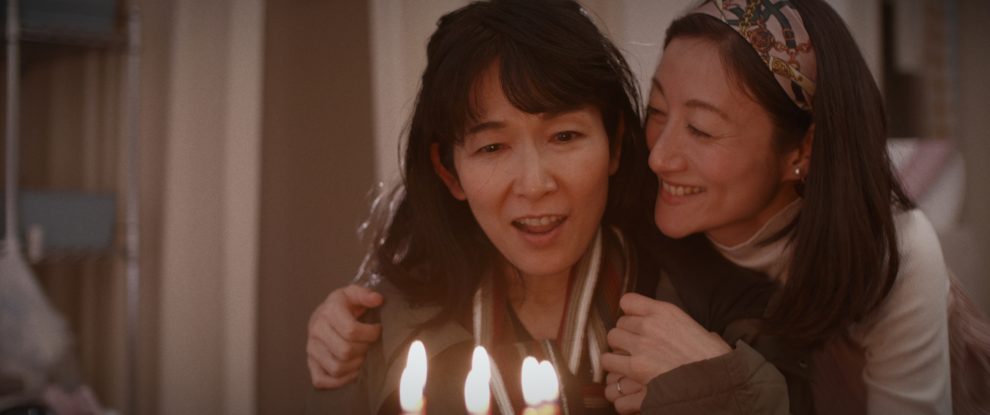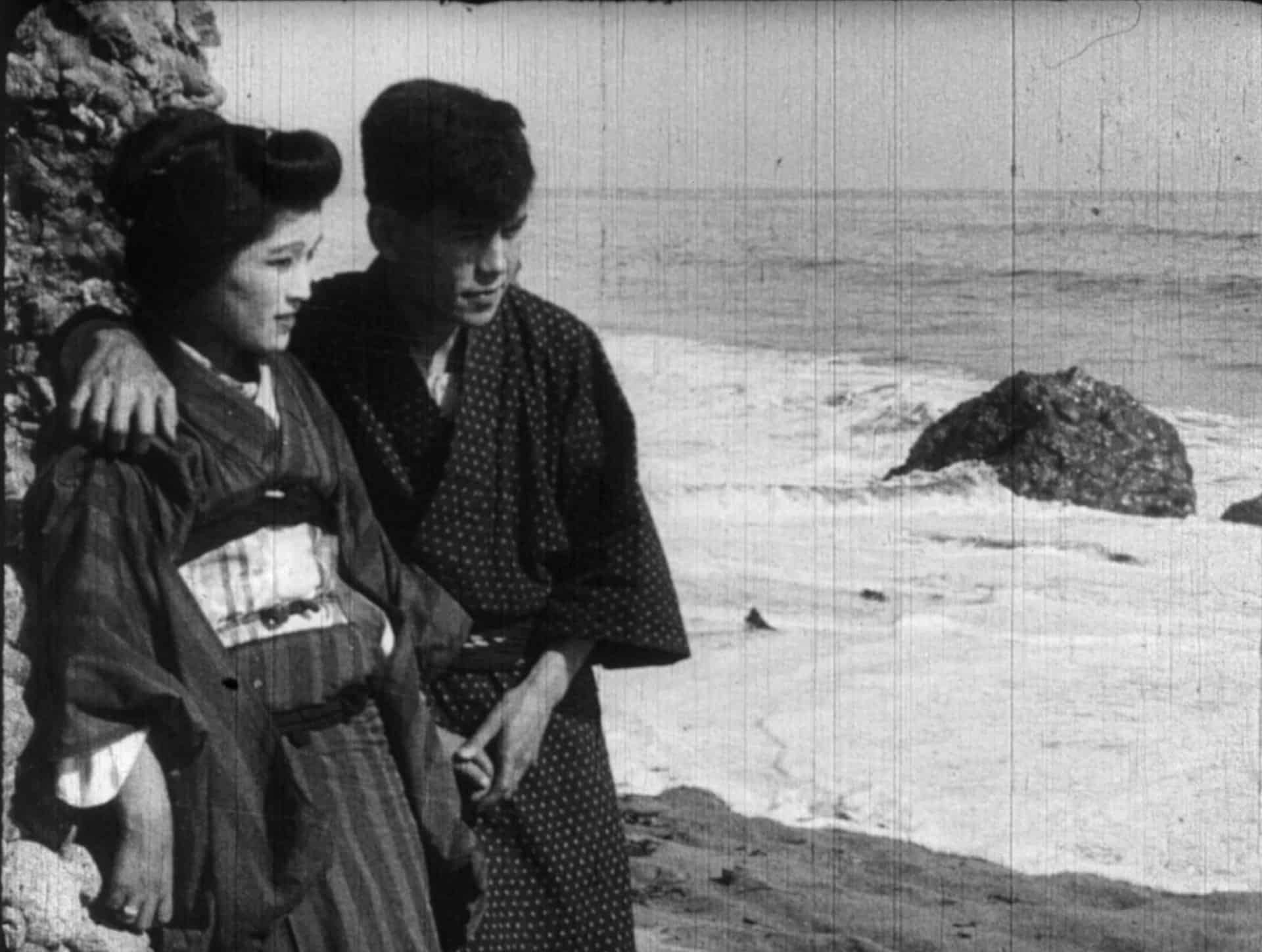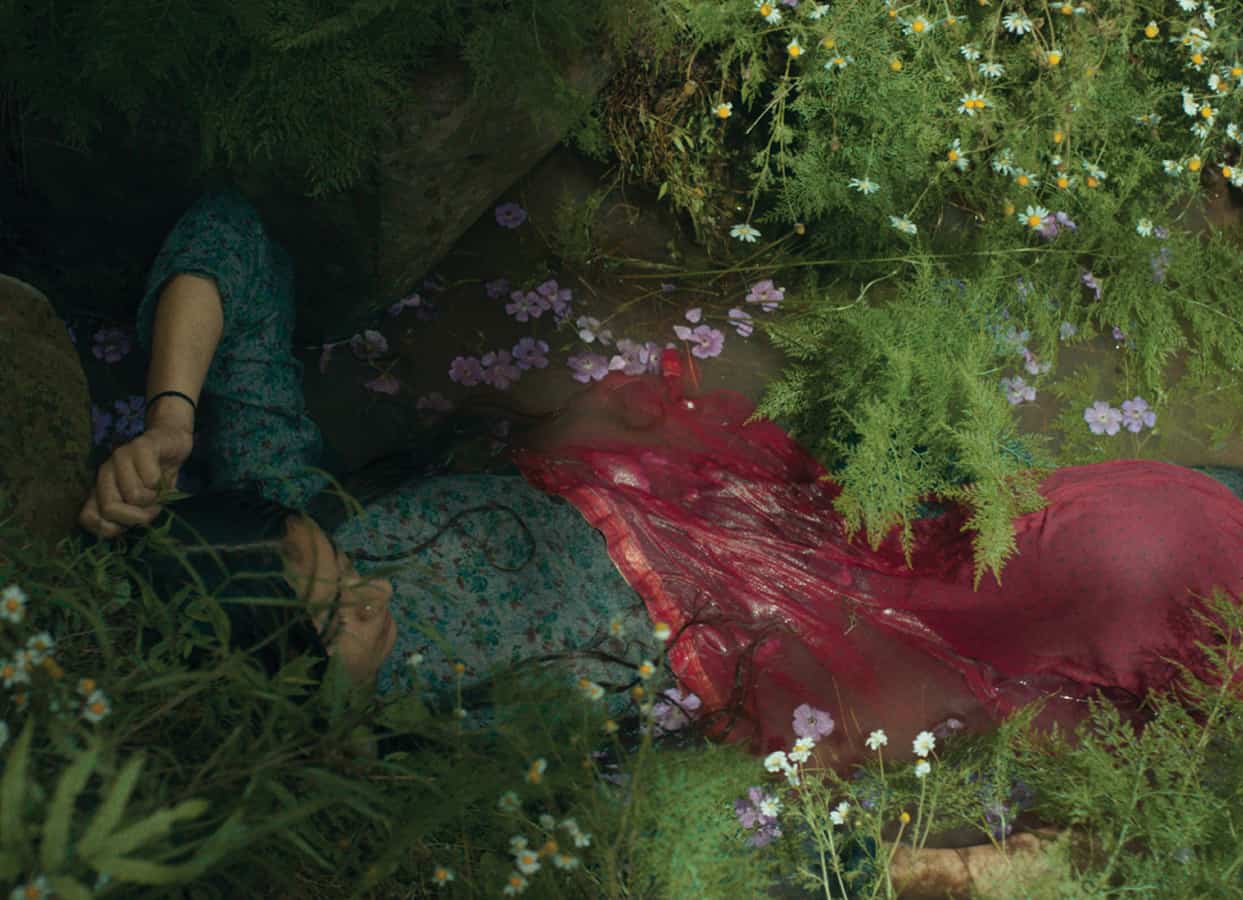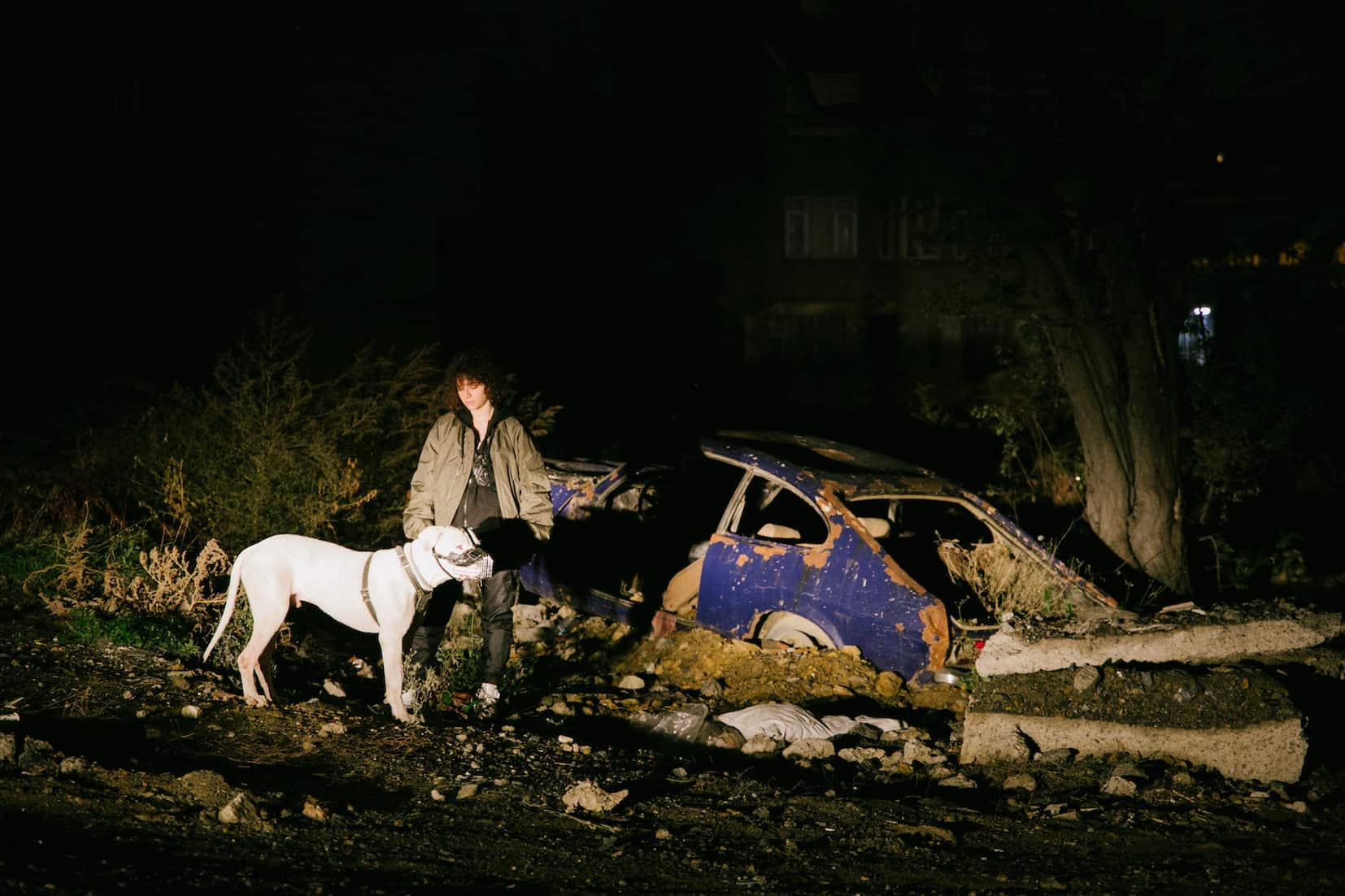A chance romantic encounter at a bar between two lesbians, Yuko an AI, proves to be the spark that leads to a lifelong relationship. However, when one of them is diagnosed with terminal cancer, the two have to face both the emotions tied to death as well as a system that does not recognize their relationship in the legal system.
“Matcha & Vanilla” review is part of the Submit Your Film Initiative

Focusing on the injustices LGBTQ+ couples face in conservative Japan, “Match & Vanilla” offers a touching portrait of love between two women that transcends the messaging. Undeniably, the director understands that the best way to approach issues lies in making a compelling story first and foremost. Consequently, regardless of orientation or understanding of the system in place for gay/lesbian couples in Japan, the narrative will resonate with anyone who has felt that profound sense of love and the fear that comes with the idea of losing it. This is, predominantly, realized through a competent script that understands that, to capture a loving relationship, everyday interactions is of equal importance to the profound ones. Certainly, “Matcha & Vanilla” excels at using authentic romance to build an argument towards better rights.

Tomoko Hayakawa and Qyoko Kudo are an utter joy to watch play off of each other, with their love resonating a warmth that is magnetic. Notably, the two capture the subtle moments of shared intimacy and know when to linger on certain moments to create that sense of intimacy that feels natural. Consequently, the news of terminal cancer that brings up all the fears and emotions becomes a deeply tragic, yet engrossing, story of loss. The production certainly excels under its two main actors, whose varied and (largely) obscure filmography betrays the immense talent of the performances on show..
Complimenting their journey, the cinematography of Paul Leeming is aptly intimate with skill at capturing beauty in both confined spaces and the scenic Japanese landscape. In addition, the film is edited in a way that has a picturesque flow to it, showing Felicity Tillack having improved in leaps and bounds since her debut film “Impossible to Imagine“. Undeniably, the two worked to compliment director Hamish Downie's vision as the film excels past its obvious budget restrictions to create a clean and polished vision.
However the production is marred by some poor choices in sound design, notably suffering from a few dips in quality. The biggest deterrent is the score itself which is dirtied by overly sappy and amateurish songs. As a Western production shot in Japan, the choice to score with English songs is not unsurprising, yet, the tracks chosen are beyond grating in both quality and volume. These moments really distract from the visuals as romantic memories are played over a broken soprano stumbling through mundane, surface level, reflections on love. Conversely, the instrumental pieces included in the film seem apt, but the vocal backed pieces are among the most ham-fisted and awkward viewers are likely to ever encounter.
The soundtrack is bound to grate on the nerves but this is not nearly enough to bring down the entire production. The script is sincere, visuals are sharp, performances are impeccable, and the handling of societal issues tackled with an intelligent grace. Undeniably, “Matcha & Vanilla” not only makes a statement about the state of equality in Japan, it also paints a heartwarming tale of love and loss that will pull at the viewers' heartstrings – just turn down the volume when the singing starts.















